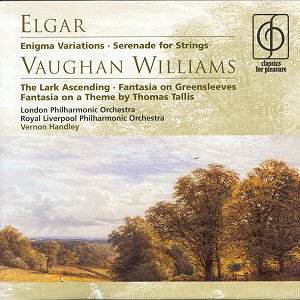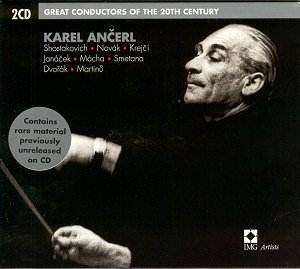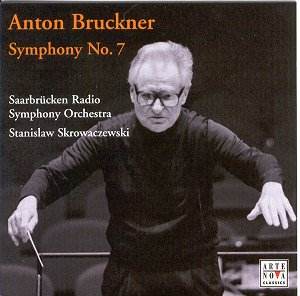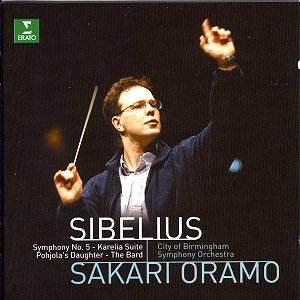 Composer: Ralph Vaughan Williams, Edward Elgar
Composer: Ralph Vaughan Williams, Edward Elgar
Works: 1) The Lark Ascending; 2) Fantasia on Greensleeves (arr. Greaves); 3) Fantasia on a Theme by Thomas Tallis; 4) Serenade in E minor, Op. 20; 5) Variations on an Original Theme Enigma, Op. 36
Performers: David Nolan (violin), London Philharmonic Orchestra, Royal Liverpool Philharmonic Orchestra, conducted by Vernon Handley
Recording: St. Augustines, Kilburn (24 & 25 June 1985); Philharmonic Hall, Liverpool (November & December 1990); Watford Town Hall (30 & 31 January 1983)
Label: Classics for Pleasure
The music of Ralph Vaughan Williams and Edward Elgar serves as a profound reflection of the English landscape and spirit, each composer weaving their distinctive threads into the rich tapestry of British classical music. Vaughan Williams, often regarded as the quintessential English composer, draws from folklore and the pastoral tradition, while Elgar’s works exude a sense of nobility and introspection, embodying the complexities of the British character. This collection, featuring celebrated pieces from both composers, captures their artistic visions with clarity and passion under the baton of Vernon Handley, whose interpretative choices resonate deeply with the idiomatic nature of the scores.
David Nolan’s rendition of “The Lark Ascending” is a standout. His violin sings with an ethereal quality, embodying the bird’s flight with a lyrical grace that feels both spontaneous and meticulously crafted. Handley’s orchestral support is equally compelling, providing a beautifully atmospheric backdrop that allows the solo line to shine without overshadowing it. The recorded sound captures the delicate interplay between the violin and the orchestra, a testament to the engineering that respects the nuances of both the soloist’s tone and the lush orchestral textures.
The two Fantasias, particularly the “Fantasia on a Theme by Thomas Tallis,” demonstrate Vaughan Williams’s skill in transforming a simple hymn tune into a complex, layered work that reflects both reverence and innovation. Handley’s interpretation is marked by a reverential pacing that allows the work’s harmonic richness to unfold gradually. This approach highlights the dialogue between the strings, creating a palpable sense of conversation that is both intimate and expansive. The “Fantasia on Greensleeves,” arranged by Greaves, while less ambitious, is infused with a charm that is captured in the warm, inviting sound of the Royal Liverpool Philharmonic Orchestra. The orchestration here, though modest, is treated with a sensitivity that enhances its pastoral character.
Elgar’s Serenade in E minor flows with charm and elegance, showcasing Handley’s ability to draw out both lyrical beauty and rhythmic vitality. The performance exudes a naturalness that resonates with Elgar’s intent, and the orchestra’s rich string tone is particularly impressive. The Enigma Variations, often seen as Elgar’s magnum opus, is rendered here with a freshness that is sometimes elusive in performances laden with sentimentality. Handley’s patient pacing, especially in “Nimrod,” allows the emotional weight of the music to build organically. The lower strings’ warmth and the winds’ characterful contributions create a vivid tapestry of sound, particularly in Variation 5, where the interplay between sections is both intricate and compelling.
The overall recording quality is commendable, with each work benefiting from a well-balanced acoustic environment that enhances the orchestral colors. The various venues, despite their differences, provide a consistent soundscape that allows the listener to engage fully with the music. The clarity of the orchestral textures, combined with the emotional depth conveyed by both soloist and ensemble, affirms Handley’s status as a formidable champion of British music.
This collection stands as a significant contribution to the catalog of English orchestral music, offering central performances that are both illuminating and enjoyable. Handley’s interpretations, coupled with the excellent playing from both orchestras, make this disc an essential listen for those wishing to explore the rich legacy of Vaughan Williams and Elgar. The revival of the Classics for Pleasure label is indeed a welcome development, and it is hoped that further recordings from Handley’s distinguished discography will soon follow, providing audiences with greater access to these essential works.



